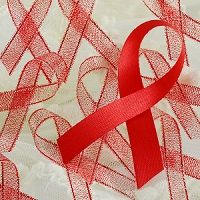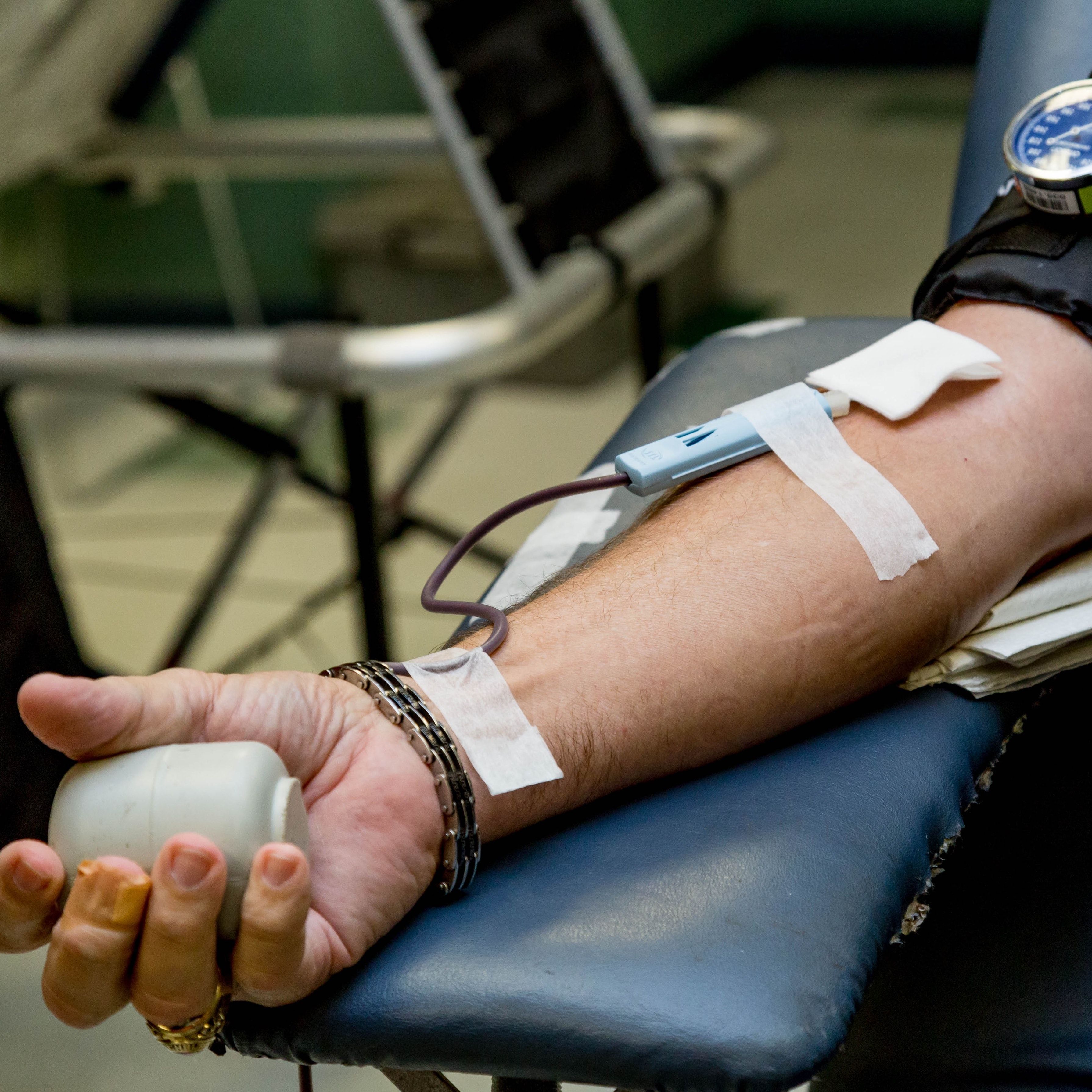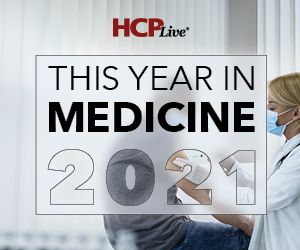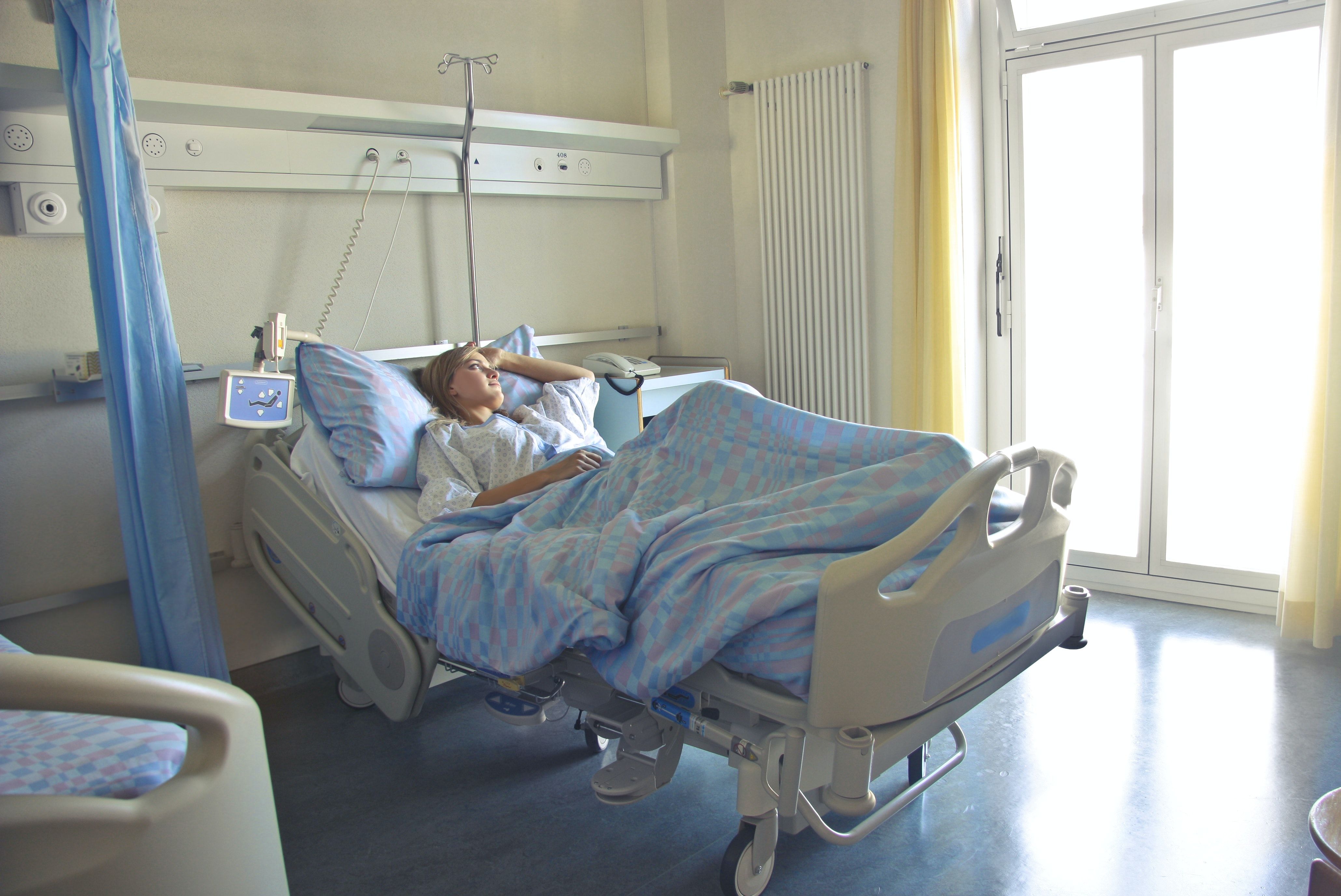Article
Gilead Announces 10-Year Commitment to Address HIV/AIDS
Author(s):
New initiative encourages communities to implement proactive solutions.

Gilead Sciences has announced the launch of Gilead COMPASS Initiative, a 10-year $100 million commitment supporting organizations working to address the HIV/AIDS epidemic in the southern US.
In the initiative COMPASS (Commitment to Partnership in Addressing HIV/AIDS in Southern States), Gilead will partner with 3 coordinating centers to lead the corporate giving program: Emory University Rollins School of Public Health, the University of Houston Graduate College of Social Work and the Southern AIDS Coalition.
“We can end the HIV epidemic in the Southern United States,” Nicholas Carlisle, executive director, Southern AIDS Coalition, said in a statement. “To do so will require broad, cross-sector collaboration where all stakeholders coordinate efforts, share best practices and leverage scarce resources in innovative and unprecedented ways.”
The centers, working to identify and provide funding to local organizations, are committed to addressing the epidemic throughout the region. Efforts will focus on capacity building and shared knowledge; wellbeing, mental health and trauma-informed care; and awareness, education and anti-stigma campaigns.
According to the Centers for Disease Control and Prevention (CDC), the southern states account for approximately 45% of all people living with an HIV diagnosis — despite it being home to only a third of the HIV population.
The giving program has a 3-fold mission: to build capacity and increase knowledge sharing among community-based, underfunded organizations in southern states; to explore interventions that appropriately respond to patients’ needs, including the bundling or reframing of mental health care, as well as the intersection between substance use, the opioid epidemic and HIV/AIDS; and to fund awareness and anti-stigma campaigns.
Emory University will build on the university’s extensive history of HIV research, training and technical assistance to support organizational capacity building. It will use a data-driven approach to identify geographic areas where organizational building will greatly influence the area. Community-based organizations will be able to benefit from sharing best practices in organizational management, optimizing success and developing a leadership role in the community.
The University of Houston Graduate College of Social Work will enhance HIV/AIDS prevention and care efforts by incorporating attention to the role and importance of wellness, trauma, mental health and substance use, increasing capacity to conduct comprehensive assessments using evidence-based screenings and proper follow-up care.
The Southern AIDS Coalition center will develop and support education and advocacy efforts, building upon awareness and anti-stigma campaigns to address HIV-related stigma and discrimination which can deter testing and care, eventually leading to isolation.
Through the Gilead initiative, the company plans to significantly increase the reach of the organizations working to address the epidemic in the region, improving the lives of those affected by HIV/AIDS.
“Limited access to healthcare and information about life-saving advances in HIV treatment and prevention in the most vulnerable communities creates an environment where we, as a society, have the tools in hand to improve lives, but these resources are not being fully utilized to address the epidemic,” Charlene Flash, assistant professor of medicine, division of infectious diseases, Baylor College of Medicine, said in a statement. “We must take action and apply these resources to overcome this challenge as too many vulnerable people in the South cannot access, or worse still, are unaware of the existing life-saving tools to prevent and treat HIV.”
A press release was made available.
Related Coverage
Combination HIV Prevention Reduces Infections
More People Living with HIV Are Now on Treatment
Injectable Buprenorphine Sublocade Gets FDA Nod, Black Box Warning for Opioid Use Disorder





